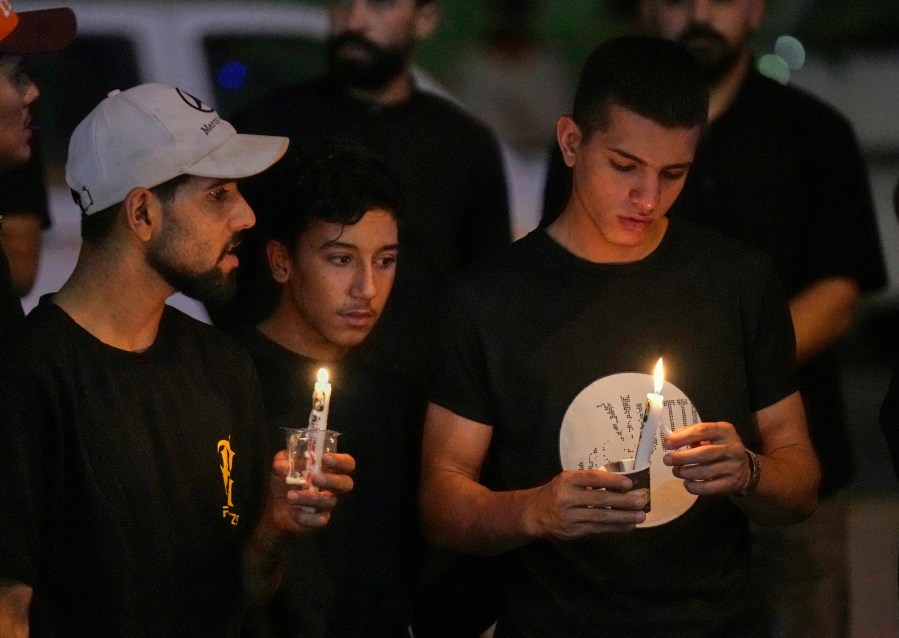The recent conflict between Israel and Iran, which lasted for 12 days, has prompted discussions about a potential reconfiguration of power and influence in the Middle East. This military engagement has spotlighted the urgent need for a transition from ongoing hostilities to a proactive approach in fostering lasting peace in the region.
During the conflict, which escalated on March 1, 2024, aerial strikes and ground operations resulted in significant casualties and damage. The Israeli Defense Forces (IDF) responded to Iranian missile attacks targeting its territory, leading to a rapid escalation of violence. According to estimates from regional analysts, the conflict resulted in over 600 fatalities and left thousands more displaced, highlighting the dire humanitarian situation.
Shifting Focus from Conflict to Peacebuilding
As the dust settles from the military confrontation, diplomats and political analysts are advocating for a comprehensive peace process. The United Nations has called for immediate humanitarian assistance and has emphasized the need for dialogue among key stakeholders. Many experts assert that the current moment represents a crucial opportunity to shift focus from merely managing conflict to actively rebuilding relationships and infrastructures across the Middle East.
A coalition of regional powers, including Egypt and Saudi Arabia, is reportedly considering initiatives aimed at establishing dialogue between Israel and Iran. The goal is to prevent future escalations and to facilitate bilateral agreements that could promote mutual security. The potential for economic collaboration—especially in energy and trade—might serve as a foundation for a more stable environment.
The conflict has underscored the fragility of regional stability. Analysts point out that the military engagement not only affects Israel and Iran but also reverberates throughout neighboring countries, with implications for broader geopolitical dynamics. The international community is closely monitoring developments, with several nations expressing support for diplomatic efforts.
International Response and Future Prospects
The international response has been varied, with some countries calling for immediate ceasefire negotiations, while others urge a more robust military support for Israel. The United States reiterated its commitment to Israel’s right to defend itself but also emphasized the necessity of dialogue for long-term peace.
While the immediate aftermath of the conflict remains tense, the discourse surrounding peacebuilding is gaining traction. Regional leaders are beginning to recognize that fostering economic ties and political dialogue could yield dividends far beyond military engagements. The United Nations’ recent reports highlight the economic benefits of peace, with estimates suggesting that a stable Middle East could see economic growth increase by 3% per annum.
As communities begin to heal, the emphasis on rebuilding will require significant investment and commitment from both local governments and international partners. The challenges are immense, but the potential rewards—greater stability, improved living conditions, and enhanced cooperation—are equally significant.
In summary, the 12-day conflict between Israel and Iran has catalyzed a reconsideration of approaches to peace in the Middle East. As the region grapples with the aftermath of violence, the path forward will likely depend on the willingness of all parties to engage in constructive dialogue and collaborative rebuilding efforts. The call to action is clear: transforming conflict into a foundation for peace is not just necessary; it is imperative for the future of the Middle East.
